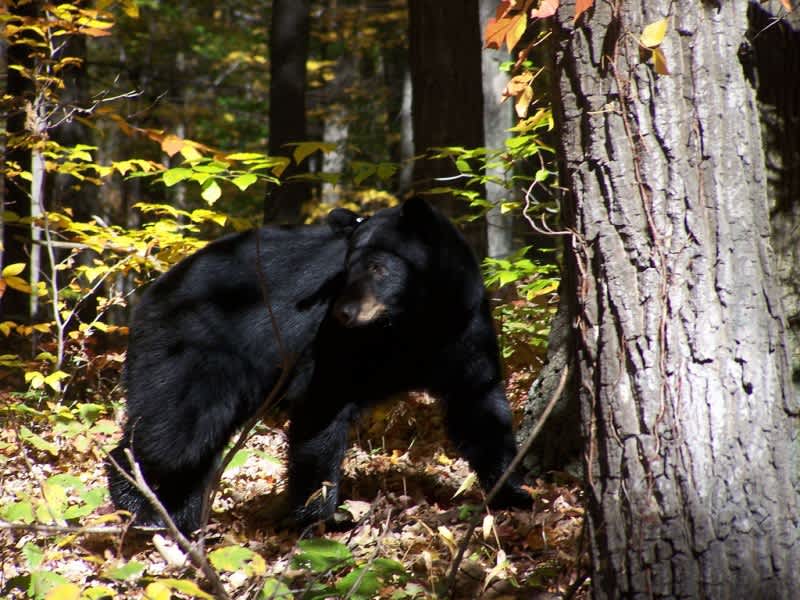Threat of Referendum Hangs Over Maine Bear Opener
OutdoorHub Reporters 08.25.14

Maine’s back bear hunting season opened on Monday, but many hunters’ excitement is being mixed with trepidation as a November referendum could drastically change how hunters harvest bears in the state. The citizen-initiated referendum “Maine Question 1” will appear on the general election ballot later this year. If it is passed, hunters will no longer able trap bears, or use hounds or bait for hunting.
“It would be like allowing a surgeon to do surgery without a scalpel,” Judy Camuso, Wildlife Division Director with the Maine Department of Inland Fisheries and Wildlife (DIFW), told the River Valley Sun Journal.
With an estimated 24,000 to 36,000 black bears, Maine has one of the largest bear populations in the Lower 48 states. Hunting and trapping are some of the few methods that have proven effective at managing bear numbers, and both officials and hunters are worried that the referendum could take away the most efficient means of harvesting the animals. According to data from the DIFW, the vast majority of bears taken in Maine since 1999 were harvested through the use of bait (79 percent of all harvested bears), hounds (11 percent), or traps (three percent). In contrast, all other methods of bear hunting, including bears shot during deer season, amounted to only seven percent of the total animals harvested.
“There’s a misunderstanding among the public in that people think bear hunting is easy,” Camuso added. “We have a 14-week season and we still only have a 25 percent success rate. Bear hunting is very challenging.”
Maine is the only state that allows all three methods, each of which has its own segment in the hunting season that runs from August 25 to November 29. Animal rights groups have long opposed baiting, trapping, and the use of hounds, but the latest push to put the issue on the ballot is spearheaded by Mainers for Fair Bear Hunting. The organization, which claims that it supports hunting in general, says that these methods are cruel and unsporting.
“Fair chase hunters don’t want to trudge through woods that are filled with rotting garbage—other states have shown an increase in fair chase bear hunting once unsporting practices like baiting have been prohibited, and Maine will be no different,” said Mainers for Fair Bear Hunting’s campaign director, Katie Hansberry. “The Department of Inland Fisheries and Wildlife is talking out of both sides of its mouth by acknowledging that feeding bears can lead to conflicts, while at the same time allowing baiters to dump millions of pounds of food into Maine’s pristine wilderness every year. Shutting down the baiting season is the first step to prevent future bear conflicts.”
DIFW officials say that barring hunters from tried-and-true methods will decrease the harvest number by as much as 90 percent. If that happens, Camuso said there is a good chance that the growing bear population will expand into urban Maine. The DIFW already issued a warning earlier this year as black bear complaints continued to rise. The department says it responds to an average of 500 nuisance calls every year. In the last decade, experts estimate that the black bear population has expanded by about 30 percent. Biologists say that a harvest of around 3,500 to 4,500 bears every year is needed to stabilize the population, but hunters last year took just under 3,000.

